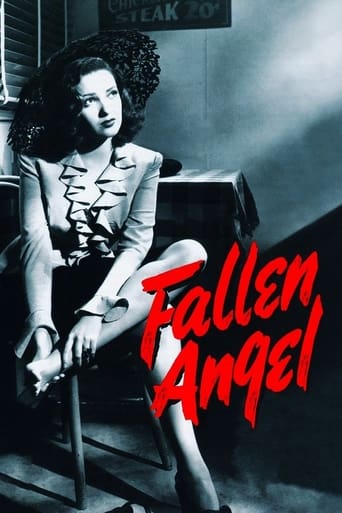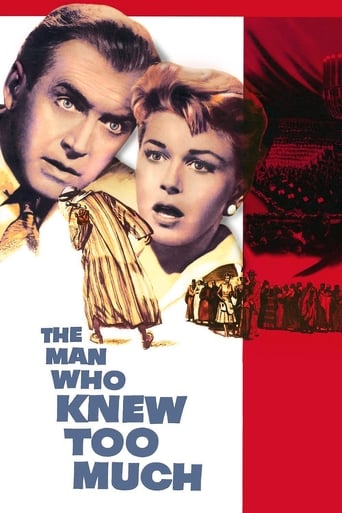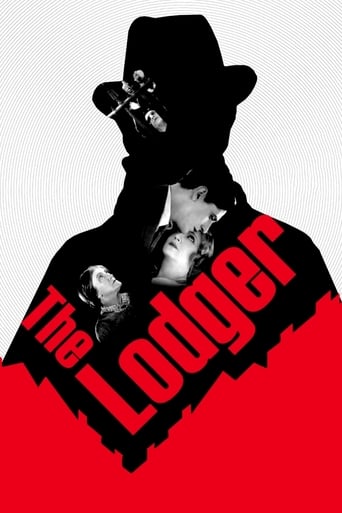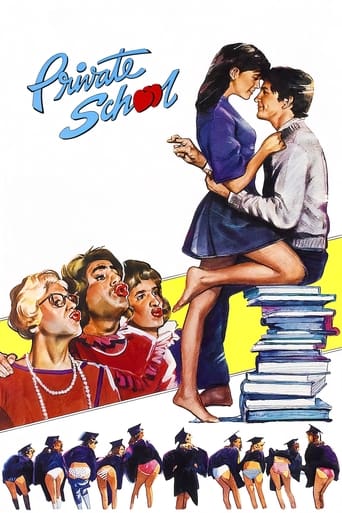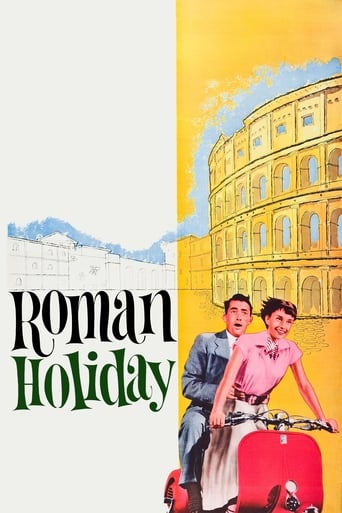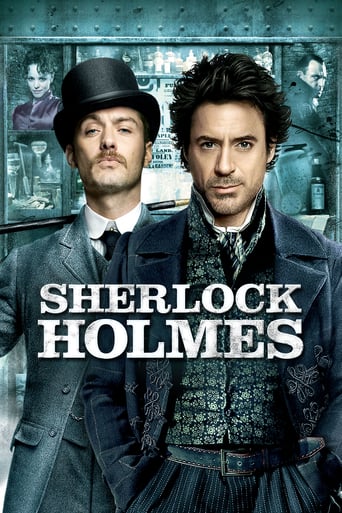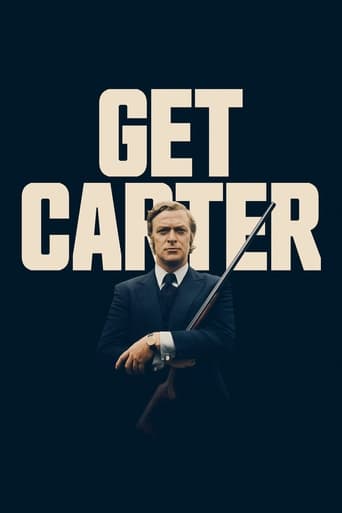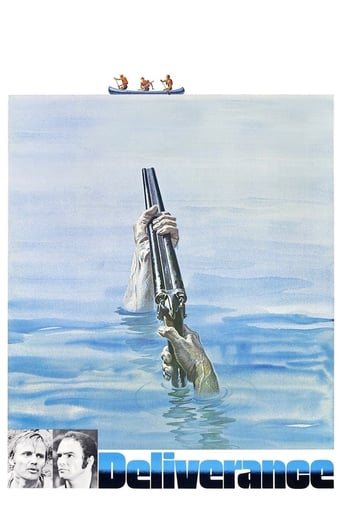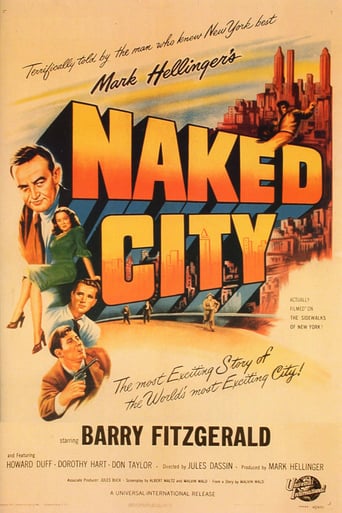


The Naked City
The Naked City portrays the police investigation that follows the murder of a young model. A veteran cop is placed in charge of the case and he sets about, with the help of other beat cops and detectives, finding the girl's killer.
-
- Cast:
- Barry Fitzgerald , Howard Duff , Dorothy Hart , Don Taylor , Frank Conroy , Ted de Corsia , House Jameson


Similar titles
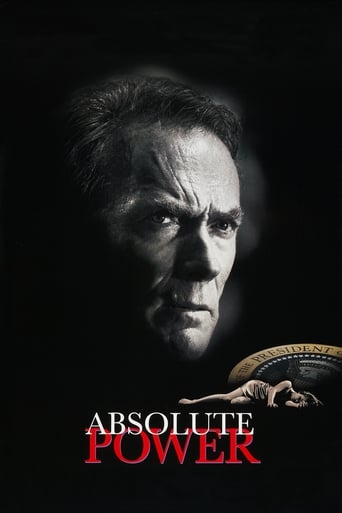
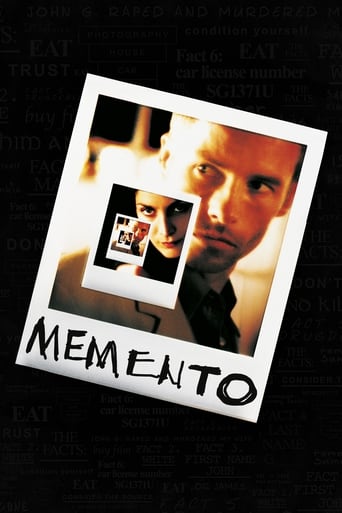

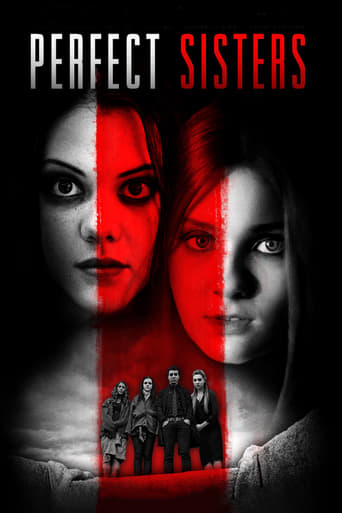

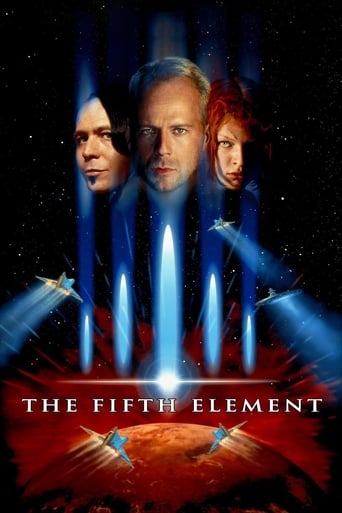
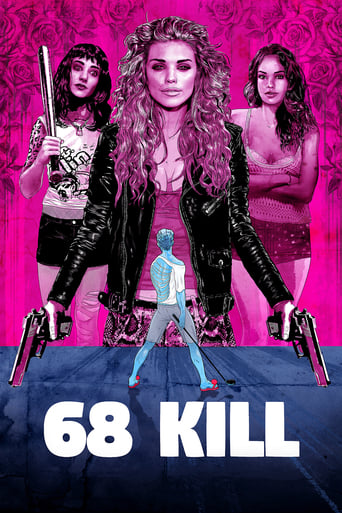
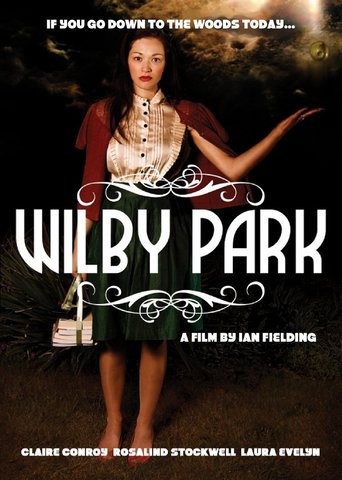
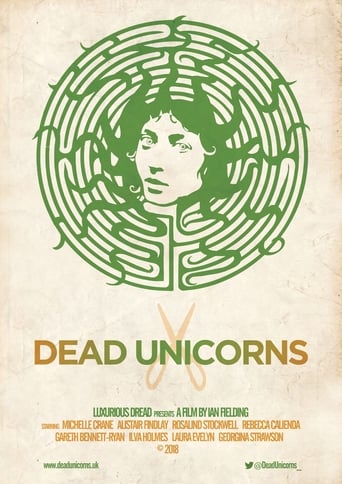
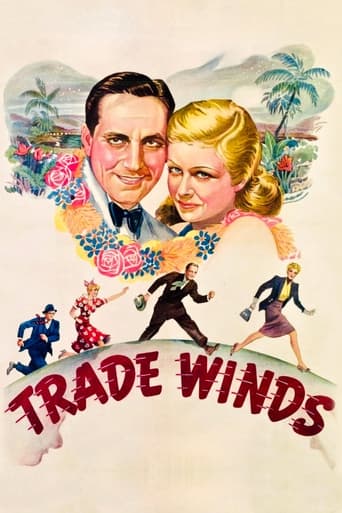
Reviews
Best movie of this year hands down!
the audience applauded
Highly Overrated But Still Good
A film with more than the usual spoiler issues. Talking about it in any detail feels akin to handing you a gift-wrapped present and saying, "I hope you like it -- It's a thriller about a diabolical secret experiment."
'The Naked City (1948)' is marred by invasive and down-right bizarre meta-textual narration provided by the film's own producer, a constant presence presented with a kind of tabloid masculinity and omniscient edge that really gets in the way of the story, at times. The flick can often boil down to slow scenes of bored detectives mulling over old evidence to no avail. When it works, however, it works well. The case takes a few keen twists right when it seems at its most hopeless and the picture culminates in a genuinely thrilling climactic chase. Plus, this is a corner-stone in the police-procedural genre and the on-location filming was almost unparalleled. 7/10
It was one of those cold, wet days when movies (in the immortal words of Patton Oswalt, writing in SILVER SCREEN FIEND) "started to blend together into one massive, daymare-fueled meganarrative." First, there was THE HARDER THEY FALL, one of the greatest boxing movies ever made (Or was that one the day before...?); then, THE NAKED CITY, followed by THE ASPHALT JUNGLE and THE MALTESE FALCON- all courtesy of Turner Classic Movies, one of the few "premium channels" truly worthy of the designation. "Rain and comfortable cold," wrote Oswalt: "Paradise for a movie-freak moleman like myself." I'd never seen THE NAKED CITY before (though I'd wanted to) and it came as a pleasant surprise. For one thing, the humor caught me by surprise- and Barry Fitzgerald as "Muldoon" was firing on all cylinders. (I would've preferred it had Fitzgerald himself done the narration- it fit his character's temperament perfectly- "to a T," as in T-Men, to belabor the point...) The inclusion of another professional wrestler in a pivotal part made THE NAKED CITY very much "a Jules Dassin" movie (to me, anyway, having just recently seen NIGHT AND THE CITY). The overall feel of the film was somehow timeless and, again, I'm reminded of another Oswalt observation in SILVER SCREEN FIEND: "You are given the space of a film to STEAL TIME. And the projector is your only clock." Not a bad way to spend a cold, rainy day.
Here I discuss primarily about cinematic space.The city as it is. But in spite of the spirited intention, producers probably wisely thought there has to be a crime for the audience to follow. Even Italians in their neorealism had to have a stolen bicycle, the ruins alone wouldn't do. The crime story is neither exceptional nor uninteresting, at any rate it is the thread that takes us through lives and places, wonderful places. It is thanks to that to and fro that we visit hairdressers and pharmacists, East Side and Staten Island neighborhoods.A few things about the placement of the eye. What is real is continuously reconstituted as we are by the worlds we create, always becoming. A Tony Scott film would have been fundamentally incomprehensible to a 1860s audience. So now the camera seems stagy, always cleanly framing the movement. The situations too, cleanly framing 'for' the camera a joke, a reaction or a witticism. Curiously, a narrator walks us through the film, and even narrates for the everyman on the street—forcing clean thoughts. (basically, everything about this narrator's position is odd and deserves deep inspection)Shadows would change every one of these things in ten years time.Cassavetes burrowed deep, his principle was that the integration of life around the eye decides. What is real, really seen, is a matter of finetuning the perception of the encounter, a dynamic process. In other words, it's not a realistic shot alone but the emerging view. Now this wasn't the first film of this sort, twenty years earlier a guy called Mamoulian had shot on location in Manhattan. Wonderful film, his Applause. But stringent melodrama in the plot. From Applause to this to Shadows, it's largely the understanding of life that changes.Dassin in Rififi, his first exilic movie, would silence this omniscient American narrator-god who can dictate peoples' thoughts for them.And isn't the understanding a matter of invention? In order to get the shots of New York streets, Dassin had to film with a hidden camera, still an issue. Taking a camera to people is like throwing a rock to study birds in their natural state, the presence of the eye fundamentally scares the real. To get around this, Dassin had to stage artifice: sometimes a juggler would distract crowds, sometimes a man was hired to climb on a post and wave a flag while giving patriotic speeches! Forgery, all so he could capture life unaware. I think this so very amusing and cool.But in its intended reach, seeing is as though it was new, the movie must have had the effect of an early Scorsese film in the 70s. Still a movie, but the situations, streets and character lives are a little more real than usual by Hollywood standards.If now the template seems so familiar, TV is to blame. Sure enough, this was made into a TV cop show, many more followed in this vein. Which may be a potent explication of the TV effect, realism becomes template, passage becomes handle. A TV series broadcasts not an original world so much as the habitual life. I hear this is changing these days, which makes me wonder just what is being turned into template?Noir Meter: 2/4
The narrator intones, "There are eight million stories in the naked city " as the film begins with scenes of the quiet city in the early hours after midnight. We are introduced to those who are working the third shift in a city that never sleeps. We know that we are not seeing a studio, for the "actors" – those who populate the great city of New York – are eventually observed in apartments, skyscrapers, factories, restaurants, coffee shops, parks, docks, and sidewalks. The city is hot in the summer. During the beginning narration, an unconscious blonde model is being murdered at the young age of 26 years. Within four hours, one of the two murderers kills the other and throws his body into the river. A few hours after that, the cleaning lady enters Miss Dexter's apartment, sees the body in a bathtub, and screams. Now our story takes hold. The police are quickly on the scene, and the newspapers follow. Before long the police examiner determines that the promiscuous woman's death was not by accident or suicide, but by homicide.Soon the lawmen discover that the dissolute woman was part of a jewel burglary ring that targeted the rich folks. Frank Niles, disreputable and a pathological liar, and Jean Dexter were part of the set-ups. Also a famous doctor is involved. In reality this film is a routine detective story. It involves the somewhat tedious but difficult – and sometimes dangerous – police work of investigation, of gathering information and piecing it all together. But the detectives and police are dedicated heroes who do their jobs with little complaint. It all comes down to a climax that involves an exciting city-wide dragnet for the arch-killer. Unfortunately for him, he is unable to board an overcrowded bus that would have taken him away from the targeted area. A panicked gunshot at a seeing-eye dog alerts police, and the ending occurs at the Williamsburg Bridge in the Lower East Side of Manhattan. Case closed.As for Jean Dexter, "her name, her face, her history were worth five cents a day for six days." Now, with the case over, the old newspapers lying in the streets are cleaned up by the city trash men. Dexter is soon forgotten by virtually all, for there are eight million other stories brewing. A very few, including Dexter's grief-stricken parents, will never forget. The next day another story will reach the headlines, and our police heroes will be ready to solve another crime.Alhtough Muldoon spearheads the investigation, he is assisted by Jimmy Halloran (Don Taylor); there are other detectives, like Constantino and Perelli, although they have lesser roles. The Irish brogue of Barry Fitzgerald (Det. Lt. Dan Muldoon) can be a bit overpowering, but the pint-sized detective does deliver his lines with knowledge and charm. And is he shrewd! Howard Duff plays sleaze Frank Niles, and Ted DeCorsia is a wicked Willie Garzah. The film's producer, Mark Hellinger, narrates.Shot on location on New York City streets in secret, and semi-documentary in style, the film is ground-breaking. It was obviously the inspiration of the later TV series, "Naked City" (1958-1963), and even "Dragnet" before that. The black and white photography is so good that the movie earned an Academy Award. Another award was won for film editing. While the old-time life of the city has changed, many of the police procedures seen are obviously in use today. If the plot seems standard or if the story appears boring at times, remember that detailed police procedure works the same way: constant probing, questioning, checking, and rechecking. Much less often does it consist of high speed chases and slam-bang shoot-outs. Who is the real hero of the story? Why the personality of the city of New York, of course!

